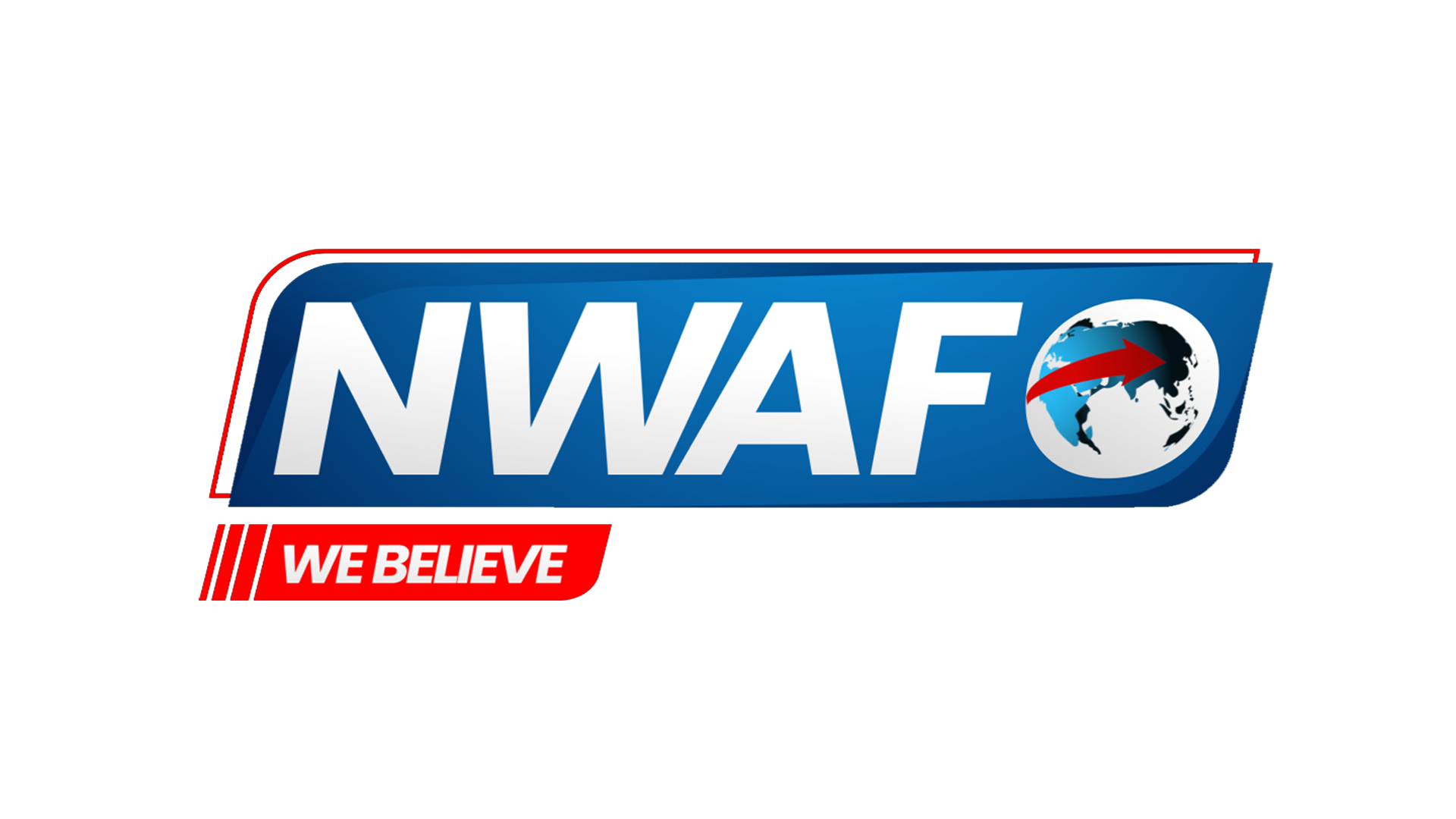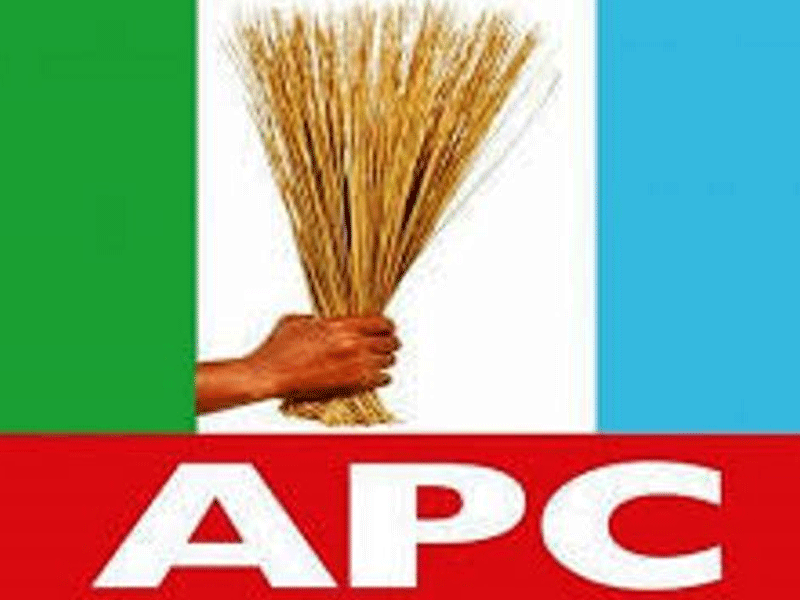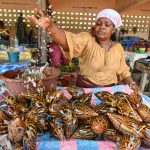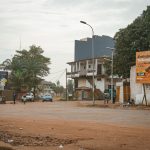[ad_1]
Vanessa Obioha writes that the All Progressives Congress may have shut its competitive space to excellent aspirants, going by huge cost of running for public office on the party’s platform
Since the All Progressives Congress (APC) announced the sales of its Expression of Interest and Nomination Forms for the 2023 elections at the recent meeting of its National Executive Committee, the party has been receiving knocks from the public for the fees which many consider outrageous.
According to the party, a presidential aspirant will have to pay N100 million, while a governorship aspirant will pay N50 million. Those expressing interest in the Senate and House Representatives will pay N20 million and N10 million respectively, and those running for state House of Assembly N2 million.
The only exceptions to these fees are people under 40 years who will get a 50 per cent discount while women and people with disabilities will pay only for the expression of interest forms.
Considering the harsh economic situation in the country, the fees are seen by many as a deterrent to well-meaning Nigerians vying for such positions in the party.
Meanwhile, the opposition party Peoples Democratic Party (PDP) set its presidential nomination form at N40 million, a lesser fee than what a youth aspiring for a similar position will pay under the APC. Governorship, Senate, House of Representatives and State House of Assembly nomination forms cost N21 million, N3.5 million, N2.5 million and N600,000 respectively in the PDP.
To be sure, the APC has always pegged its fees very high. For instance, in the last general elections, the party sold the presidential nomination form at N45 million and in 2014 when it was still in opposition, it was sold at N27 million. Yet, the current fee drew ire and diatribes to the party, particularly as a corruption-free nation was one of its most prominent campaign promises. However, promoting such outlandish fees for aspirants within the APC makes nonsense of the party’s promise to fight corruption.
Compared to neighbouring country Ghana, where presidential aspirants in the 2020 elections paid 100,000 Cedis or US$17,000 as nomination fees to the country’s election agency while parliamentary aspirants who were on the ballot paper on election day in the 275 constituencies paid a deposit of 10,000 Cedis, the APC fee is still very high.
As many have expressed, the party’s high nomination form fee is inconsiderate and outrageous. It will take more than two terms in office for a president to earn the equivalent of the nomination form fee, going by how much a Nigerian president earns. The current salary of a sitting president according to the Revenue Mobilisation, Allocation and Fiscal Commission is N14.058 million yearly.
In its defense, some members of the party have argued that the high fee will make the primaries orderly. For example, a Chieftain of the APC, Chief Chekwas Okorie, posited that the high fee will help the party determine serious aspirants.
But if that was a strong consideration, is the party not indirectly making the slot available only to those who have a magnanimous financial war chest? Is the party effectively saying that only the rich can rule Nigeria irrespective of their source of wealth? Should this be the motive behind the fees? Isn’t the party indirectly being exclusive and promoting corruption while fragmenting democracy?
Although Okorie argued that the fees will create opportunities for other parties to shine but in a country where the emergence of a new party on the political scene is crippled and oftentimes dictated by those who have been in either APC or PDP, it is difficult to imagine the opportunities provided by the high fees. Or is the APC attempting to reduce the number of its members? The party currently has over 40 million members spread across the country. This arguable figure after the former special purpose vehicle of the APC set-up to fill it’s national offices, carried out registration of new members.
Usually, political parties make money from the primary elections to run their activities and pay their workers. However, there is no guarantee that the party will pay the members for their work.
Most of the ire is directed at the insensitivity of the party towards the youths, even though it allowed a 50 per cent discount. For the convener of YIAGA Africa, Mr. Solomon Itodo, the fees will only promote negative competition and undermine democracy.
“The moment you make the entry into political context defined by your economic war-chest, you have undermined the qualities and qualifications that should define our leadership selection process,” he said.
Another rights group, the Civil Society Legislative Advocacy Centre (CISLAC) decried the fees, stating that it only defeats the goal of the Not-Too-Young-to-Run bill which was passed in 2018.
“Needless to say, the Not-Too-Young-To-Run law has been reduced to only a facade that masks the true drivers of retrogressive politics in Nigeria, which include money politics, godfatherism and the lopsided economic disparity between the mighty old ruling class and the seemingly apathetic youths, deliberately pauperized by the same criminal political elite,” read a statement from the group.
Again, the National Woman Leader of the APC, Betta Edu defended the party’s decision by stating that anyone aspiring for the presidential position ought to have large financial support.
“When you make up your mind that you want to run, you should be able to prepare adequately for that race. Beyond that, there are many ways that young people can generate funding for elections. It mustn’t be your money.”
Her last remark brings to mind the trend of people buying forms for presidential aspirants as seen by the Director-General, Tinubu Support Organisation (TSO), Aminu Suleiman, who signed a cheque to purchase the form for former Lagos governor and presidential aspirant Bola Tinubu, few hours after the party announced the sale of nomination forms. The Kebbi-born politician said that he was only reciprocating Tinubu’s kindness to the people.
Such trend give room for corruption as investing such a huge amount of money will give room for a quid pro quo in future.
QUOTE
As many have expressed, the party’s high nomination form fee is inconsiderate and outrageous. It will take more than two terms in office for a president to earn the equivalent of the nomination form fee, going by how much a Nigerian president earns. The current salary of a sitting president according to the Revenue Mobilisation, Allocation and Fiscal Commission is N14.058 million yearly.
[ad_2]
Source link











